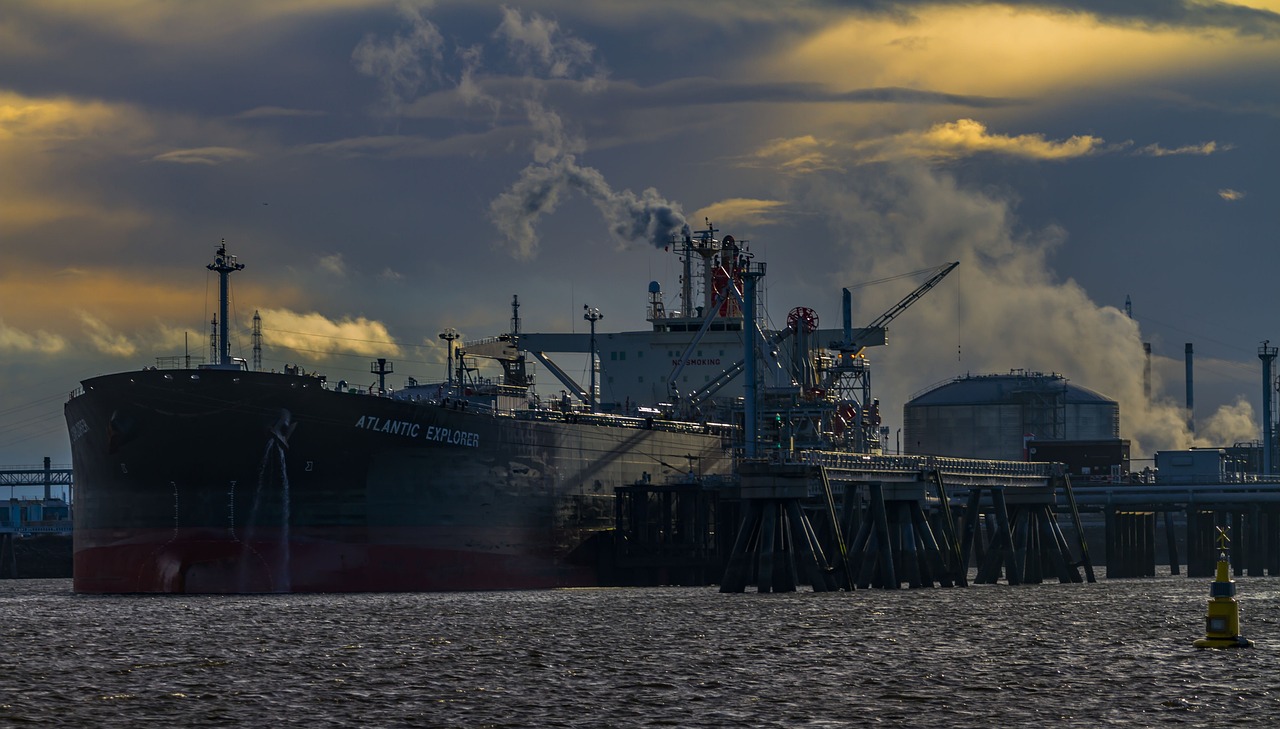The Documentary Committee of the Baltic and International Maritime Council (Bimco) has approved a new ‘Methanol Annex’, which is incorporated into the ‘Bunker Terms 2018’, the international standard contract for the supply of marine fuel. With this update, the organization “expands its contractual framework to adapt to the use of alternative fuels and support the decarbonization of shipping.”
This annex introduces specific definitions that reflect recent advances in methanol supply and establishes requirements related to fuel sustainability certification, aligned with regulations such as FuelEU Maritime. Its aim is to guarantee the traceability and environmental credentials of the supplied product.
As explained by Nicholas Fell, chairman of Bimco’s Documentary Committee, the annex has been developed in close collaboration with technical and industry experts “to ensure that it meets the practical and legal needs arising from the use of methanol as a marine fuel, taking into account both current practices and anticipated regulatory developments.”
Adapting the contract to regulations
Through the so-called ‘Election Sheet’, the parties will be able to specify parameters such as greenhouse gas intensity limits, fossil reference values and methodologies for calculating emissions. This flexible approach will allow the contract to be adapted to future regulations and to agree on the parameters relevant to each supply operation.
Given the toxic nature of methanol and the risks associated with its handling, the annex also includes specific safety provisions. Among them, it establishes the mandatory use of closed or remote sounding procedures during loading and unloading operations, as well as additional measures for product sampling and measurement in order to protect the crews involved.
“The adoption of the ‘Methanol Annex’ continues the work started with the LNG annex approved in 2023,” said Stinne Taiger Ivø, deputy secretary general and director of Contracts at Bimco. “We continue to develop and harmonize the supply terms for new fuels and the next step will be a dedicated annex for ammonia. Furthermore, a biofuels clause applicable to time charter parties is in preparation.” With this new document, Bimco reinforces its role in standardizing alternative fuel supply operations, a key area for facilitating the energy transition of the maritime sector.
98% reduction in methane leaks
On the other hand, the Japanese shipping group Mitsui O.S.K. Lines (MOL), together with the companies Kanadevia and Yanmar Power Solutions, has achieved a 98% reduction in methane leaks during on-board tests on the LNG-powered bulk carrier REIMEI. The trials are part of the national innovation project ‘Methane Slip Reduction Project’, developed under the New Energy and Industrial Technology Development Organization (NEDO)’s ‘Green Innovation Fund’ program.
The project, which has been under development since 2021 and will conclude in 2026, aims to reduce the so-called ‘methane slip’ by at least 70% through the combination of oxidation catalysts and improvements in engine design.
Full-scale testing began in May 2025 aboard the REIMEI, a LNG-powered Panamax bulk carrier operating on routes between Japan and Australia. According to MOL, the system achieved a 98% reduction of methane emitted under 75% engine load conditions, surpassing the results previously obtained in land-based trials.
The tests will continue until the end of 2026 in order to evaluate the overall performance of the system and the durability of the catalysts, with a view to its commercial application from 2027. The reduction of methane losses is one of the current priorities of the maritime sector, to strengthen the role of LNG as a transition fuel.





